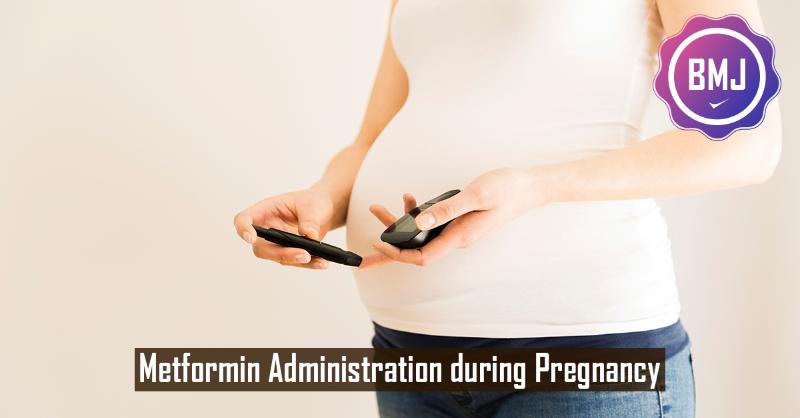The gut microbiota and inflammatory proteins may affect the development of peptic ulcer disease. However, this association remains unclear. We analyzed genome-wide association study data of gut microbiota, inflammatory proteins, and peptic ulcer disease using Mendelian randomization with instrumental variables to assess causal relationships. Various statistical methods, including inverse variance weighting, Mendelian randomization Egger regression, and sensitivity analysis were employed to evaluate the data and calculate mediation ratios. Our findings reveal that the genus Butyriciccus plays a role in mitigating the adverse effects of gastric ulcers by 7.9%, primarily through reducing beta-negative growth factor levels. Additionally, the genus Lachnospiraceae UCG004 can significantly alleviate the negative outcomes of gastric ulcers and reduces hepatocyte growth factor and beta-reserve growth factor levels by 6.39% and 7.45%, respectively. This study highlights the independent and mediating effects of the gut microbiota and inflammatory proteins on peptic ulcers, offering insights on potential pathways and targets for future preventive interventions.
Introduction
Peptic ulcer diseases (PUD) are prevalent digestive disorders that affect approximately 4 million individuals globally annually, negatively affecting their quality of life with pain and indigestion. Additionally, PUD may cause severe complications, including bleeding and perforation, which may be fatal. Statistical data reveal a gradual rise in the mortality rate of PUD over the past 15 years. Consequently, healthcare providers and the public should focus on preventing and controlling PUD. Recent epidemiological studies report that the risk of developing PUD is associated with diverse genetic, lifestyle, and environmental factors. For example, a comprehensive study involving European and Asian populations identified 25 new genetic markers that are linked to peptic ulcers, suggesting that gastric and duodenal ulcers may share certain genetic risk factors. Nevertheless, these factors do not completely explain the etiology of PUD. The complex interactions among these factors further complicate the causal relationships between them and the PUD risks.
Methods
This study investigates the genetic link between inflammatory proteins and peptic ulcer disease (PUD) using Mendelian randomization (MR). Genome-wide association study (GWAS) data from 18,340 participants across diverse ethnicities were analyzed to identify SNPs related to gut microbiota and inflammatory proteins. The study sourced peptic ulcer data from the FinnGen consortium and utilized multiple MR methods, including inverse variance weighting (IVW) and MR-Egger regression, to estimate causal associations. Sensitivity analyses assessed pleiotropy and heterogeneity, using tools like MR-PRESSO and Cochran's Q test. The findings help understand genetic underpinnings of inflammation and PUD risk.
Conclusions
In conclusion, the mechanisms by which intestinal microbiota induces PUD through inflammatory responses involve various factors, including harmful substances produced by pathogenic bacteria, abnormal activation of the immune system, inflammation-induced tissue injury, and impaired mucosal regeneration and repair. Specifically, we conducted MR analyses to assess the effects of microbiota and inflammatory mediators. Therefore, intestinal floral homeostasis is crucial for preventing and treating PUD. Our results may guide future strategies on PUD prevention and treatment. Undertaking comprehensive epidemiological and mechanistic studies is important to elucidate the pathways whereby intestinal microbiota may influence the PUD onset and progression through mediation by inflammatory proteins.
Source
Li, Jianing MDa; Cai, Hongbo MDb; Zhang, Yongsheng PhDc; Li, Jingyi MDd; Wang, Dianxiang MDb; Li, Haolin MBBSe; Cai, Hongyu MDd; Wang, Qiuqiu MDb; Fu, Tong MMf; Shao, Zhonglin MDa; Huang, Huili MMa; Wang, Haiqiang MDb; Tong, Ying MDb,*. Dysbiosis of gut microbiota is associated with pathogenesis of peptic ulcer diseases through inflammatory proteins: A Mendelian randomization study. Medicine 103(39):p e39814, September 27, 2024. | DOI: 10.1097/MD.0000000000039814





